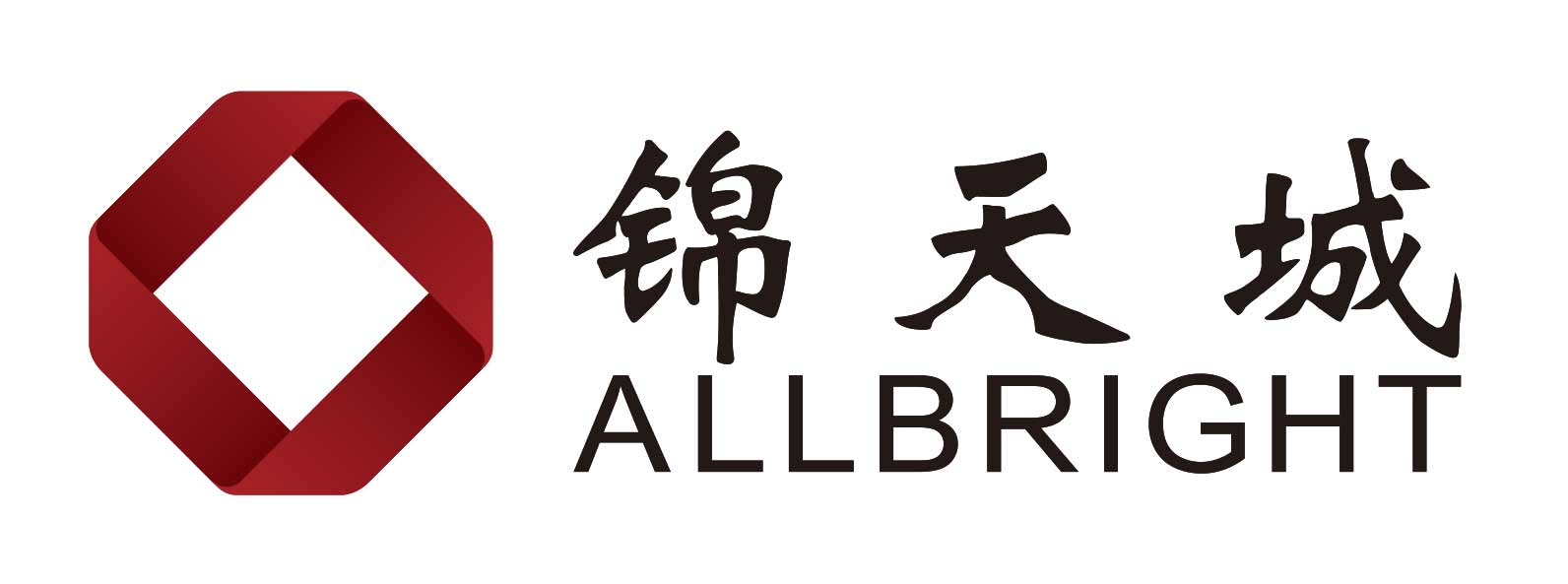The third plenary session of the 19th Central Committee of the Communist Party of China made a major decision to deepen the reform of the party and state institutions, taking improving the market supervision and law enforcement system as an important part of the reform. Through the adjustment of the structure of many regulatory departments, the administrative and law enforcement forces for industry and commerce, quality inspection, food, medicine, commodity prices, trademarks, patents, etc., have been fully integrated. After the integration of market supervision forces, the government can use the management system of “easy access and strict management” to manage business operations.
“Easy access” is a reform of the access conditions, registration service methods and the administrative examination and approval system for market entities, which will liberalize the entities as much as possible from the level of institutional mechanism to unleash entrepreneurial vitality. “Strict management” focuses on realizing real-time transmission and docking of information between departments, enhancing information publicity, strengthening credit constraints, and forming a strict management situation of “breaking the law somewhere and getting restricted everywhere”.
The inevitability of strengthening compliance construction

Associate
AllBright Law Offices
Under the “easy access and strict management” supervision system, there is no way for enterprises to hide their illegal activities, and enterprises cannot bear the consequences of illegal activities. Their potential rivals can expose the enterprises to heavy compliance risks with just one screenshot or one electronic document.
On the level of market competition, competitors often make complaints and reports to administrative supervision departments by taking advantage of compliance loopholes existing in their rival enterprises to make their rivals bear huge economic penalties caused by illegal activities. Especially in the e-commerce environment, the ranking of commodities often directly determines the sales volume of commodities. Hot style products may lose their sales volume due to the loss of top flow after administrative punishment.
On the level of consumers, more and more people who take reporting counterfeits as their jobs obtain benefits through reporting to administrative authorities. They will dig out the illegal points of enterprises through online and offline means, and seek benefits through complaints and reports. For example, after the release of the new Advertising Law, enterprises that encounter “anti-counterfeiting persons” include cosmetics, tobacco, alcohol, food and other companies, as well as e-commerce platforms. Because of the lack of compliance in corporate advertising, the result (either penalty or compensation) means a huge loss for enterprises.
On the level of the enterprise itself, as a business entity, the enterprise has a variety of internal interest relationships, which often lead to frequent internal whistle-blower incidents due to internal interest conflicts. By reporting the illegal operations of the enterprise, the employees engage in interest games with the enterprise, in order to realize their unreasonable interest demands, which is extremely painful for the enterprise.
On the level of national management, the state has established a relatively complete market supervision system, leading to a high probability of enterprises’ illegal activities being discovered. For example, the state has set up a nationwide advertising monitoring system, which monitors all kinds of advertisements on traditional media, television, radio and even the internet, stores and verifies key data, and regularly releases the results of advertising violations. For enterprises, there is no escape.
Strengthen compliance construction
For compliance construction, the balance between an enterprise’s input and output is a comprehensive game of the enterprise’s own interests. In the relationship between enterprises and government departments, enterprises are always in the position of information asymmetry. Therefore, enterprises must strengthen their own compliance construction and make full use of external big data resources to achieve the result: “know yourself and know your enemy, and you will never lose a battle”.
(1) Use big data on penalties to achieve overall compliance. Make full use of big data on penalties to outline common patterns of administrative penalties and realize identification of compliance risks. Through big data analysis of nearly 250,000 cases of administrative penalties related to market supervision and 1.5 million judgments of administrative proceedings, the author’s firm summarized 88 risk points of high-frequency administrative violations by enterprises, and provided behavioural patterns and penalty amounts for enterprise operators to refer to, so that they may avoid administrative penalties, as well as providing professional support for enterprises in the game with administrative departments through big data analysis of administrative reconsideration and administrative litigation cases.
(2) Integrate the invoice business flow to achieve operational risk control. High-frequency operations are recorded by a large number of input and output invoices. Enterprises can use tax invoices as the carrier, through the cross-border integration of tax compliance and market supervision compliance to make use of big data risk control software, so as to make every business operation of enterprises verified by the compliance model, thus eliminating the source of business violations.
(3) View compliance from a dialectical perspective and build a compliance system. Compliance construction needs to be forward-looking and practical, which requires it to be treated dialectically by enterprises. In the short term, it is necessary to strengthen the allocation of compliance resources, especially in the event of emergency compliance incidents, to be able to properly handle internal and external risks, and to use strong crisis management abilities to ensure compliance.
In the medium term, it is necessary to strengthen internal management, improve the level of daily compliance and the application of big data, check and fill in gaps, identify and solve compliance problems systematically, and predict potential risks in advance. In the long run, it is necessary to have the ability to control systematic and local compliance risks in an industry, and to have the strategic compliance awareness of having the situation well in hand.
Quan Kaiming is an associate at AllBright Law Offices

AllBright Law Offices
11/F and 12/F, Shanghai Tower
No. 501 Yincheng Middle Road
Pudong New Area, Shanghai 200120, China
Tel: +86 21 2051 1000
Fax: +86 21 2051 1999
E-mail:
kaimingq@allbrightlaw.com
www.allbrightlaw.com





















